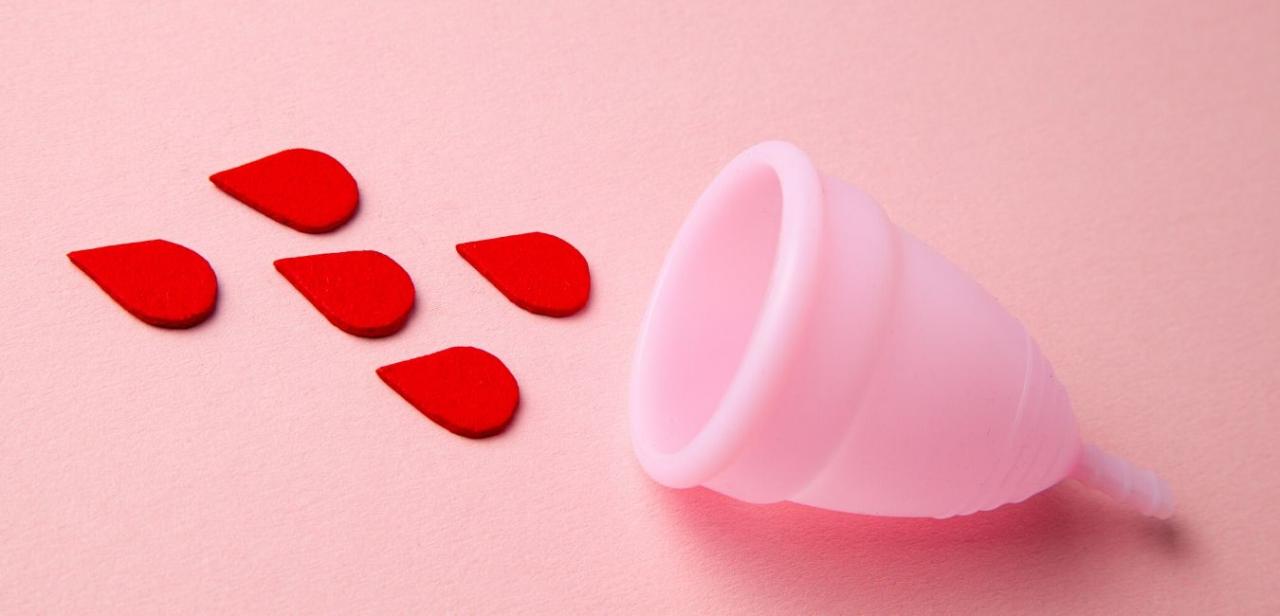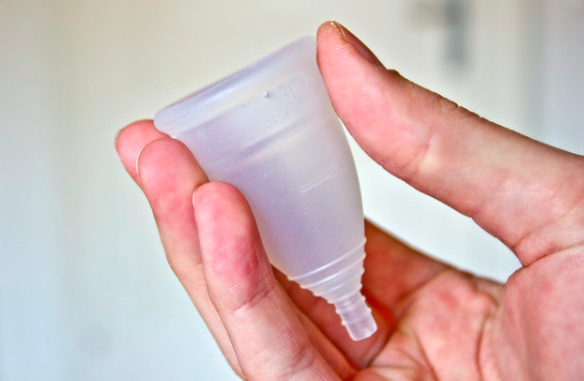 MonkeyBusiness Images/PhotoSpin
MonkeyBusiness Images/PhotoSpin
Menstruation (men-STRAY-shun) is a normal part of a woman’s reproductive cycle. Each month chemical messengers known as hormones instruct the lining of a woman’s vagina or womb to thicken as part of the preparation for a fertilized egg to implant as an embryo.
If no egg is fertilized, at the end of the monthly cycle the lining of the womb breaks free and exits the body in a flow of blood known as the period.
A menstrual cycle is counted from the first day of one period to the first day of the next. The average menstrual cycle lasts 28 days, but can vary between 21 and 35 days for adult women and 21 to 45 days in teenage girls.
Most girls find that as they get older, their cycles settle closer to the average and become more regular. But some women have irregular periods for many years.
A normal period lasts between two and seven days. On average, most women report periods lasting between three and five days. The average amount of blood lost is approximately 2 tablespoons (30 milliliters) for the entire duration of the period.
Most girls start their periods between the ages of 10 and 14. The average menstrual cycle begins around age 12.
Women continue having periods until they enter menopause between the ages of 45 and 55. During her lifetime, an average woman will have approximately 500 periods.
Although no two women have periods that are exactly the same, many women find it helpful to know what is normal for them.
You can figure out your own average menstrual cycle by keeping track of your period for several months. This can help you predict the approximate day your period will start each month, and can also provide a warning if something significant changes in your period.
If you have questions about your period or if you experience significant changes such as abnormally heavy bleeding, lack of bleeding for more than 90 days, or feeling suddenly sick and feverish after using tampons, talk to your health care provider.
Sources:
Net Doctor. The menstrual cycle. Web. June 9, 2013.
http://www.netdoctor.co.uk/health_advice/facts/menstruation_cycle.htm
WomensHealth.gov. Menstruation and the menstrual cycle fact sheet. Web. June 9, 2013.
http://womenshealth.gov/publications/our-publications/fact-sheet/menstru...
TeensHealth. All About Menstruation. Web. June 9, 2013.
http://kidshealth.org/teen/sexual_health/girls/menstruation.html#
Mayo Clinic. Women’s health: Menstrual cycle. Web. June 9, 2013.
http://www.mayoclinic.com/health/menstrual-cycle/MY01541/NSECTIONGROUP=2
Reviewed June 26, 2013
by Michele Blacksberg RN
Edited by Jody Smith





Add a CommentComments
There are no comments yet. Be the first one and get the conversation started!